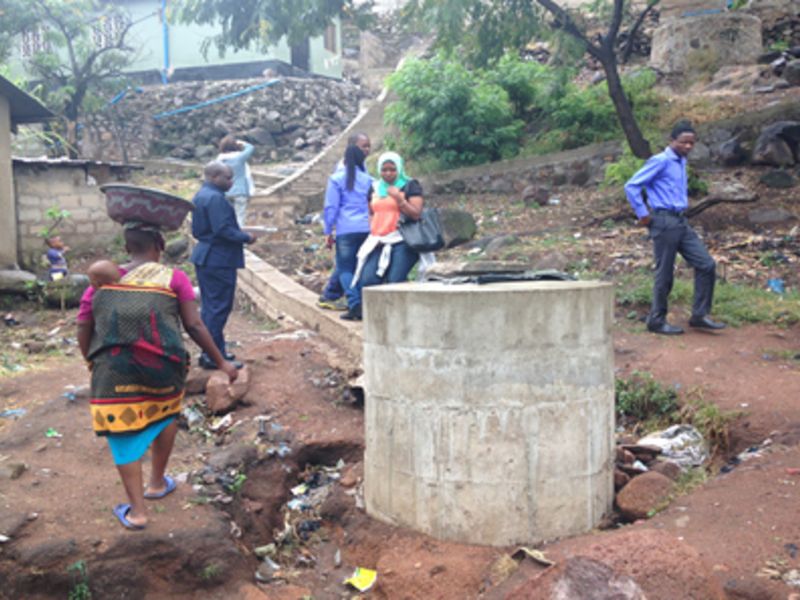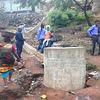Zimbabwe:Communal Water and Sanitation Services (CWSS) - Phase I
Disciplines
-
Masterplanning
-
Environment & Sustainability
-
Sanitation
-
Water Supply
Companies
Dorsch International Consultants
Client
Deutsche Gesellschaft für Internationale Zusammenarbeit (GIZ) GmbH
Duration
From 2011 to 2012Project Activities
The main objective was to produce detailed assessments of the existing infrastructure, which allowed the determination of the major bottlenecks and the development and implementation of improvement strategies which included amongst others:
- Rehabilitation of access roads
- Rehabilitation of a water treatment plant
- Rehabilitation of raw water intakes (electrical and mechanical works)
- Rehabilitation of water and wastewater pumping stations (electrical and mechanical works)
- Rehabilitation of transmission pipelines
- Rehabilitation of reservoirs
- Rehabilitation of water network
- Construction of a main sewer trunk line
- Construction of a new solid waste dumpsite
- Implementation of an independent water scheme consisting of raw water intake pontoon, pumping station, mobile treatment plant and water kiosk system for high density areas
Contact
Dorsch International Consultants GmbH
München (Headquarters)
80687 München
Germany
Phone: +49 89 5797-0
Fax: +49 89 5797-800
E-Mail: info@dorsch.de
Description
The political and economic situation in Zimbabwe caused a deterioration of the municipal infrastructure where existing services operate only at a fraction of their original capacity. The objective of this project was to restore and rehabilitate municipal services including water supply, sewerage and solid waste management. Consequently, the project increased the proportion of municipal solid waste collected and managed in controlled facilities and ensured reliable, sustainable and resilient infrastructure as well as universal, equitable and affordable sanitation and safe drinking water.
The project comprised the five towns of Kadoma, Gweru, Norton, Kariba and Chinhoyi and was clustered around the key areas of strategic planning and transition management, financial management, billing and revenue collection and operational and technical management.
The project worked on increasing user’s willingness to pay as a result of improved services, which in turn led to improved and restored financial resources and further investments in improving the services of the municipalities.

